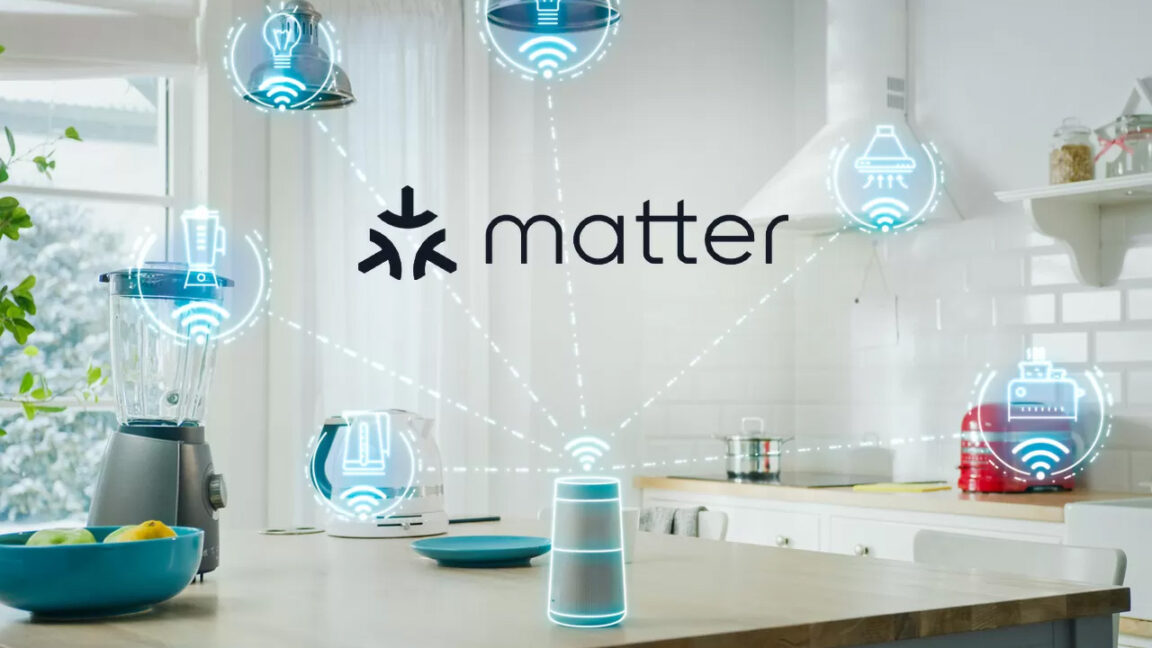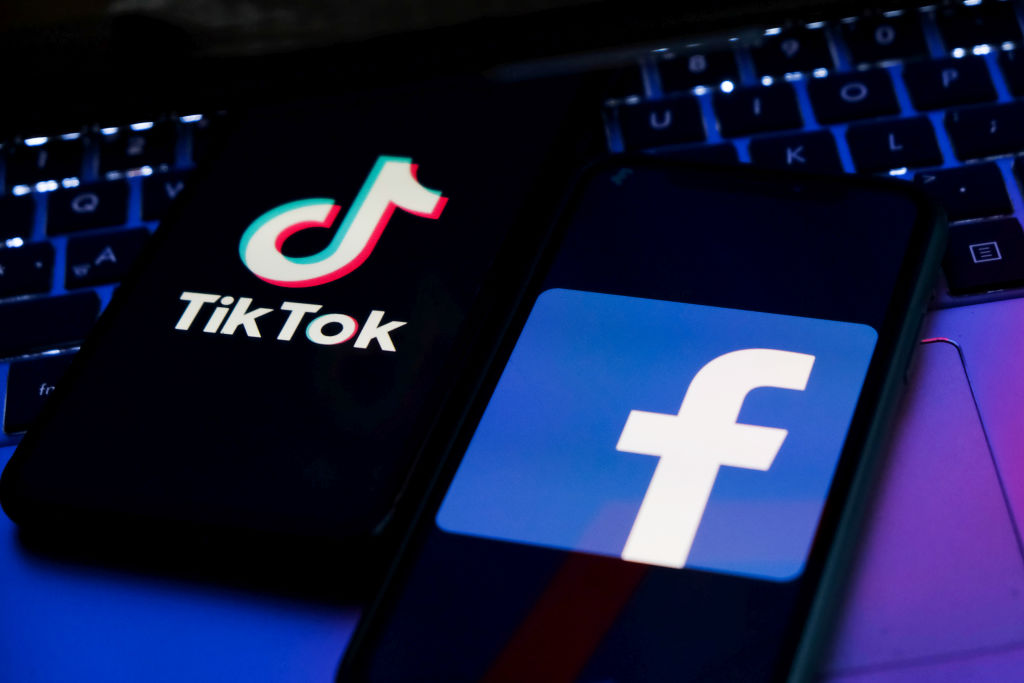Shifting Sands
Cue: Apple will add AI search in mobile Safari, challenging Google
“Prior to AI, my feeling around this was none of the others were valid choices."
Samuel Axon
–
May 7, 2025 3:44 pm
|
38
Apple Senior Vice President of Services Eddy Cue.
Credit:
Justin Sullivan / Staff | Getty Images North America
Apple Senior Vice President of Services Eddy Cue.
Credit:
Justin Sullivan / Staff | Getty Images North America
Text
settings
Story text
Size
Small
Standard
Large
Width
*
Standard
Wide
Links
Standard
Orange
* Subscribers only
Learn more
Minimize to nav
Apple executive Eddie Cue said that Apple is "actively looking at" shifting the focus of mobile Safari's search experience to AI search engines, potentially challenging Google's longstanding search dominance and the two companies' lucrative default search engine deal. The statements were made while Cue testified for the US Department of Justice in the Alphabet/Google antitrust trial, as first reported in Bloomberg.
Cue noted that searches in Safari fell for the first time ever last year, and attributed the shift to users increasingly using large language model-based solutions to perform their searches.
"Prior to AI, my feeling around this was, none of the others were valid choices," Cue said of the deal Apple had with Google, which is a key component in the DOJ's case against Alphabet. He added: "I think today there is much greater potential because there are new entrants attacking the problem in a different way."
Here he was alluding to companies like Perplexity, which seek to offer an alternative to semantic search engines with a chat-like approach—as well as others like OpenAI. Cue said Apple has had talks with Perplexity already.
Speaking of AI-based search engines in general, he said "we will add them to the list"—referring to the default search engine selector in Safari settings. That said, "they probably won’t be the default" because they still need to improve, particularly when it comes to indexing.
The enormous amount of money Google pays Apple (estimated at $20 billion per year) to remain the default may be a factor as well. Both Google and Apple shares dropped in the market after Cue's comments as investors fear that this may be the first sign that the deal will not last.
Apple currently allows users to pick a default search engine from a list in the Settings app on their phones. Current choices include Google, Yahoo, Bing, DuckDuckGo, and Ecosia, with Google as the default. Apple also includes an AI chatbot extension on the latest version of iOS, which currently uses just OpenAI's ChatGPT. The iPhone maker plans to give users the option to pick alternatives like Google's Gemini later. But Cue's testimony revolved around the choice of which search engine will be used when the user types a query into Safari's address bar.
AI search tools have significant pros and cons versus semantic search engines. On the plus side, new deep research and agentic features allow them to respond to a natural language query (like "I saw a movie that started with a teen lip-syncing in her bedroom, and it had a girl dressed as Thor stuck on a skyscraper") with a robust approach involving multiple searches before delivering a result, which is usually accurate or at least helpful.
On the other hand, they may sometimes hallucinate incorrect answers when prompted in areas that are knowledge and training blind spots, as is infamously the situation with Google's (admittedly much less sophisticated) AI search summaries.
Samuel Axon
Senior Editor
Samuel Axon
Senior Editor
Samuel Axon is a senior editor at Ars Technica, where he is the editorial director for tech and gaming coverage. He covers AI, software development, gaming, entertainment, and mixed reality. He has been writing about gaming and technology for nearly two decades at Engadget, PC World, Mashable, Vice, Polygon, Wired, and others. He previously ran a marketing and PR agency in the gaming industry, led editorial for the TV network CBS, and worked on social media marketing strategy for Samsung Mobile at the creative agency SPCSHP. He also is an independent software and game developer for iOS, Windows, and other platforms, and he is a graduate of DePaul University, where he studied interactive media and software development.
38 Comments










